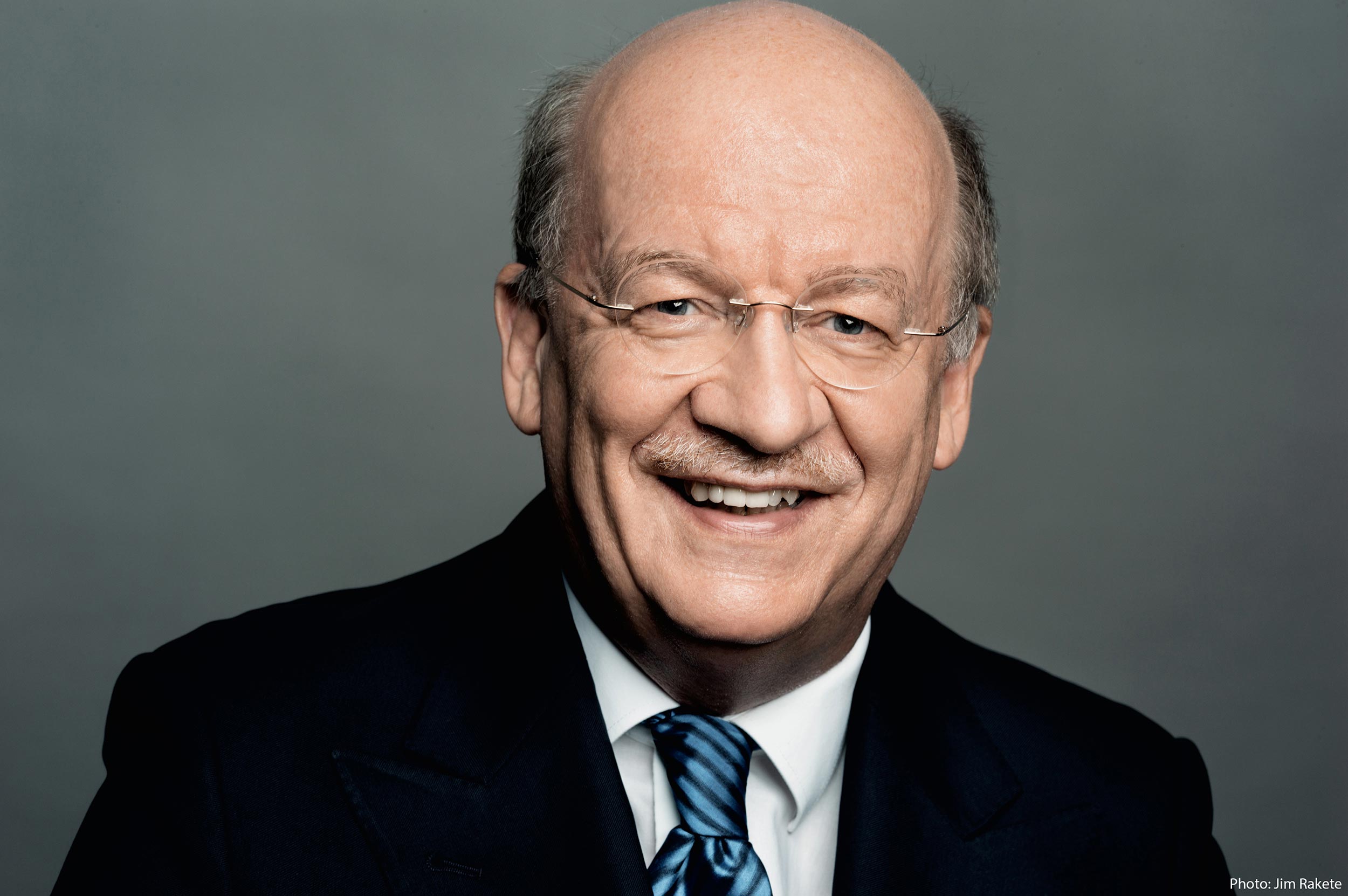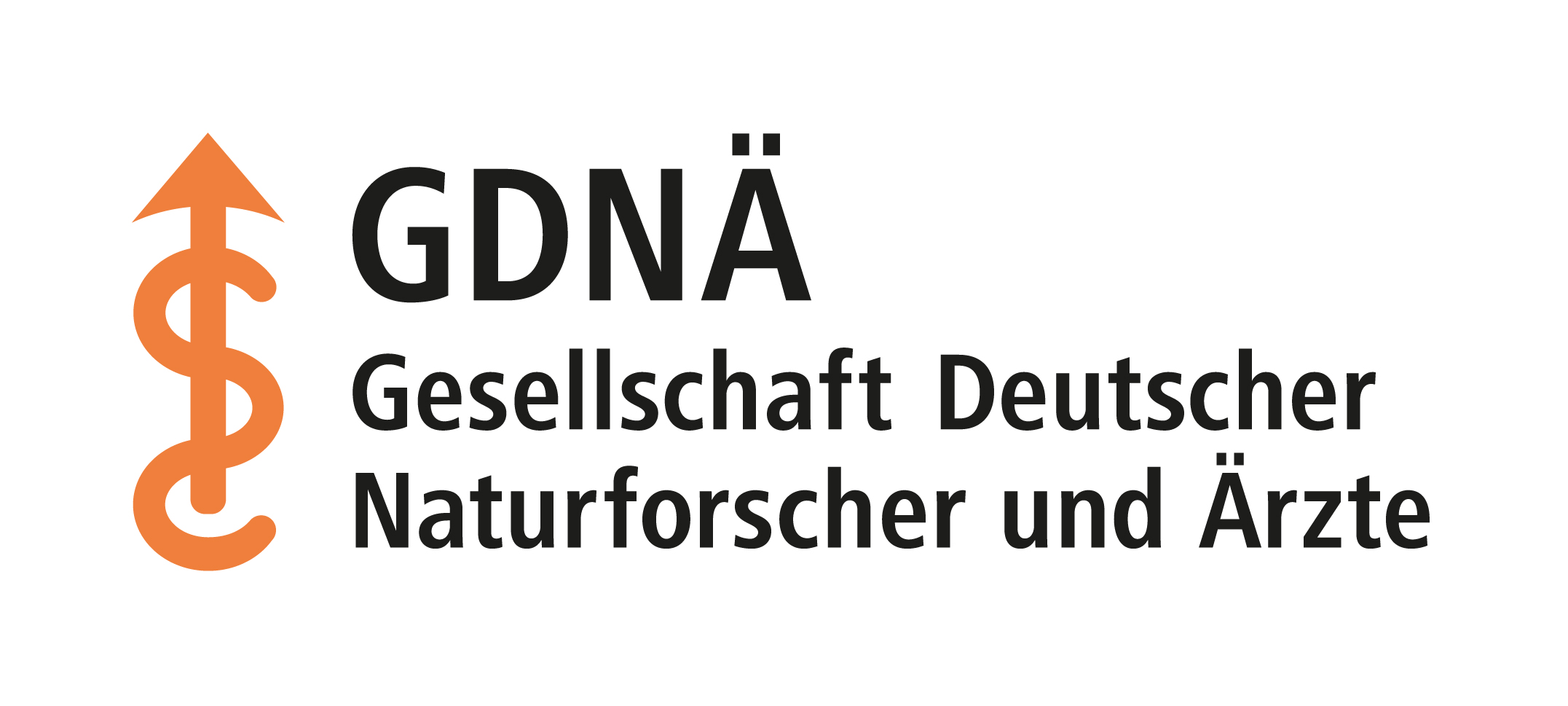Konrad Zuse Medal for Wolfgang Wahlster
Former president of the GDNÄ honoured for outstanding contributions to AI research.
The German Informatics Society (GI) awarded Professor Wolfgang Wahlster, former president of the Society of German Natural Scientists and Physicians (GDNÄ) and long-standing chairman of the management board of the German Research Centre for Artificial Intelligence (DFKI), the prestigious Konrad Zuse Medal for services to computer science. With this award, the GI honours the outstanding scientific achievements and extraordinary commitment of a researcher who has had a lasting impact on AI research in Germany and Europe. The award ceremony took place on 17 September 2025 in Potsdam.
Wolfgang Wahlster’s scientific life’s work ranges from groundbreaking basic research to successful transfer into industrial practice. He gained international recognition for his pioneering work in the fields of speech dialogue systems, multimodal human-machine interaction and interpreting systems for spontaneous speech, among other things.
Wolfgang Wahlster has shaped DFKI since its foundation and, during his time as Chairman of the Executive Board from 1997 to 2019, developed it into one of the world’s largest and most renowned AI research centres. Under his leadership, DFKI developed into a strong cooperation partner for industry. Wahlster initiated numerous flagship projects, promoted the transfer of research into commercial applications and represented Germany internationally as an AI thought leader. As chief advisor, he remains closely associated with DFKI.
GI President Christine Regitz says: ‘Wolfgang Wahlster is not only an extraordinarily influential scientist, but also a very successful university lecturer and science manager who has had a significant impact on European AI research. In addition, he contributes his expertise to political and social debates and takes a clear stance on issues such as data ethics.’
Wolfgang Wahlster says: “Receiving the GI’s highest award is also a great pleasure for me because it gives artificial intelligence – my field of research in computer science for 50 years now – the appropriate status and recognition it deserves. I had the privilege of having several lengthy technical discussions with Konrad Zuse, one of the fathers of the computer. I was also fortunate to be able to help shape the birth of AI in Germany, and published my first research results on speech dialogue systems, as they are widely known today through Chat-GPT, back in 1975. After phases of scepticism and some setbacks, it is a pleasure for me to now witness the greatest heyday of AI to date.”
As president of the GDNÄ, Wolfgang Wahlster chaired the 130th meeting of the Society of Natural Scientists in Saarbrücken in 2018. After his time on the executive committee, he continued to support the GDNÄ as a member of the board of directors.
Wolfgang Wahlster is active in numerous renowned scientific institutions. In addition to the GDNÄ, these include the Academy of Sciences and Literature in Mainz, the Royal Swedish Nobel Academy in Stockholm, the National Academy Leopoldina, the German Academy of Science and Engineering (acatech) and the Berlin-Brandenburg Academy of Sciences. As a doctoral supervisor, Professor Wahlster has supervised 77 dissertations; 22 of his former doctoral students are now professors themselves.

© Jim Rakete
